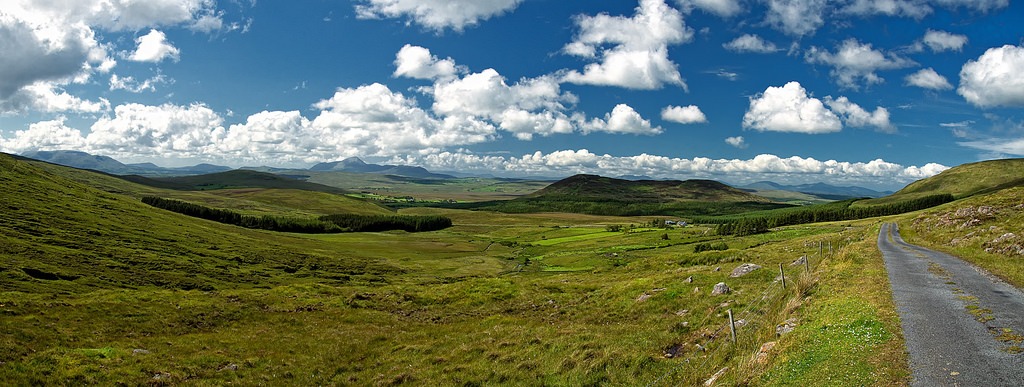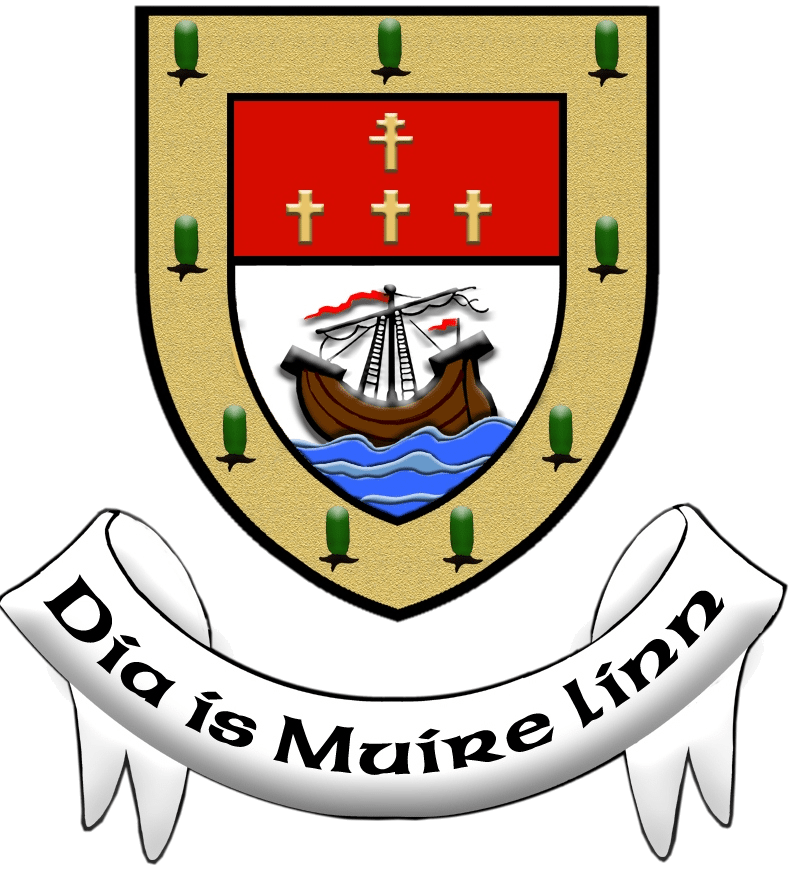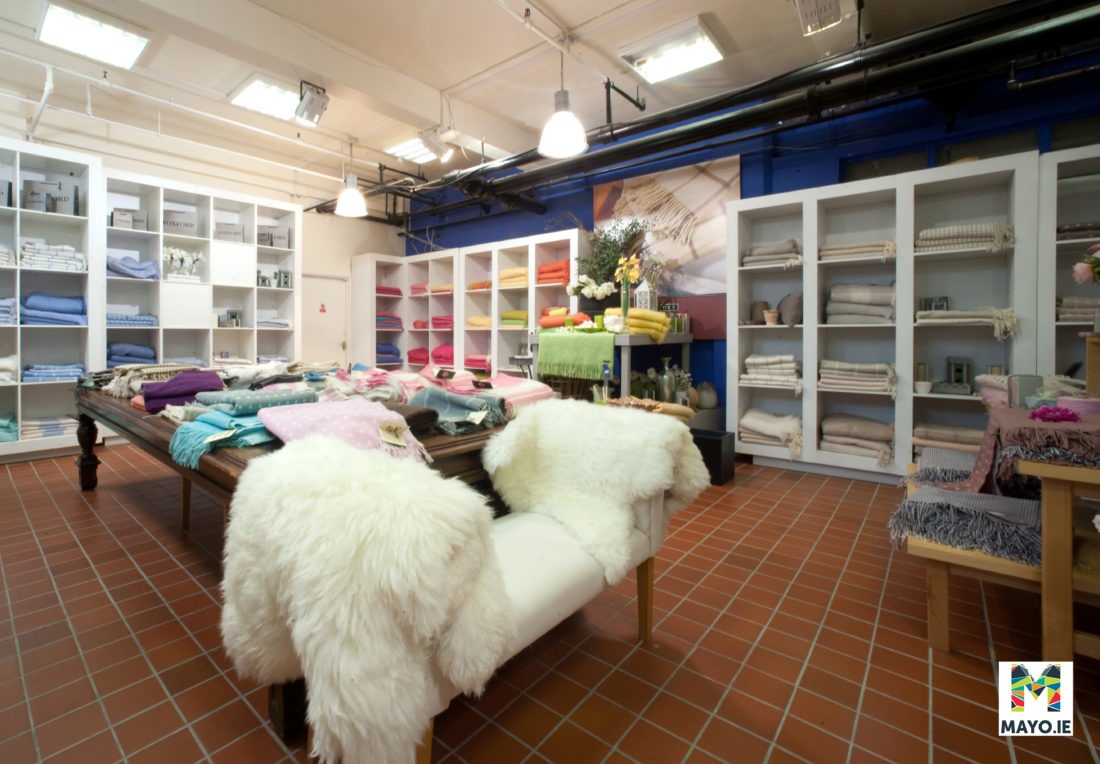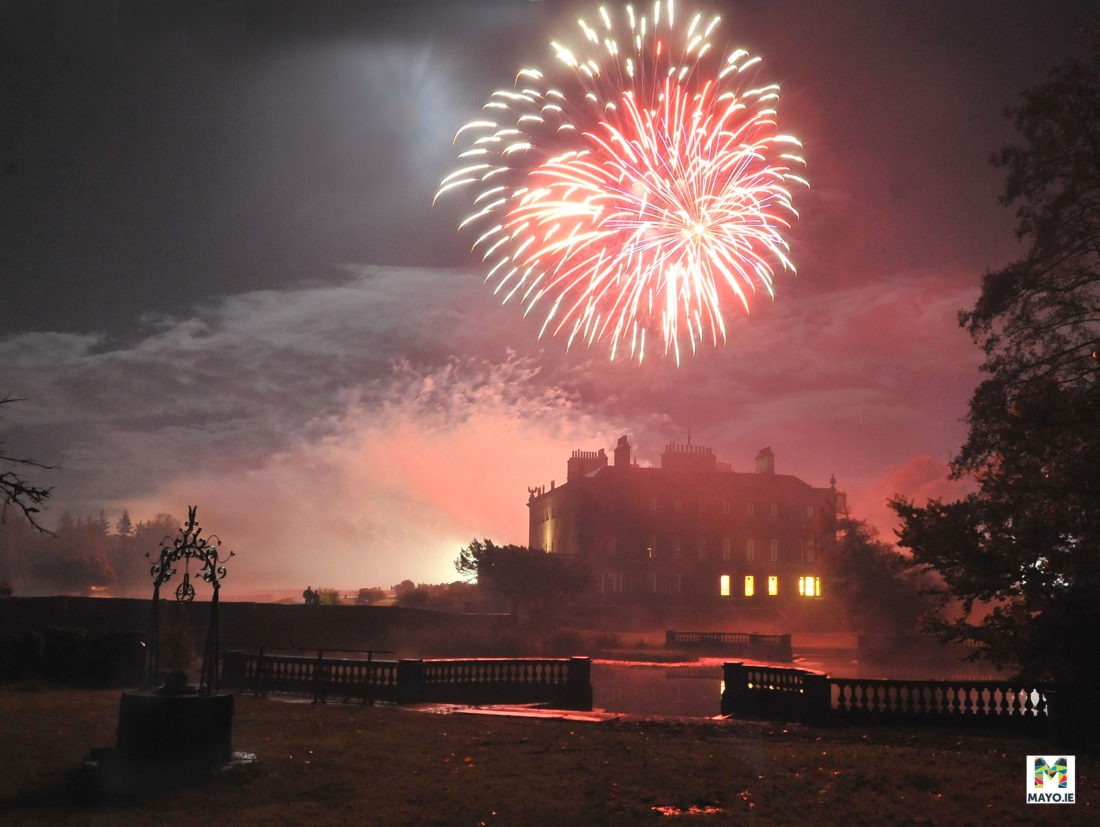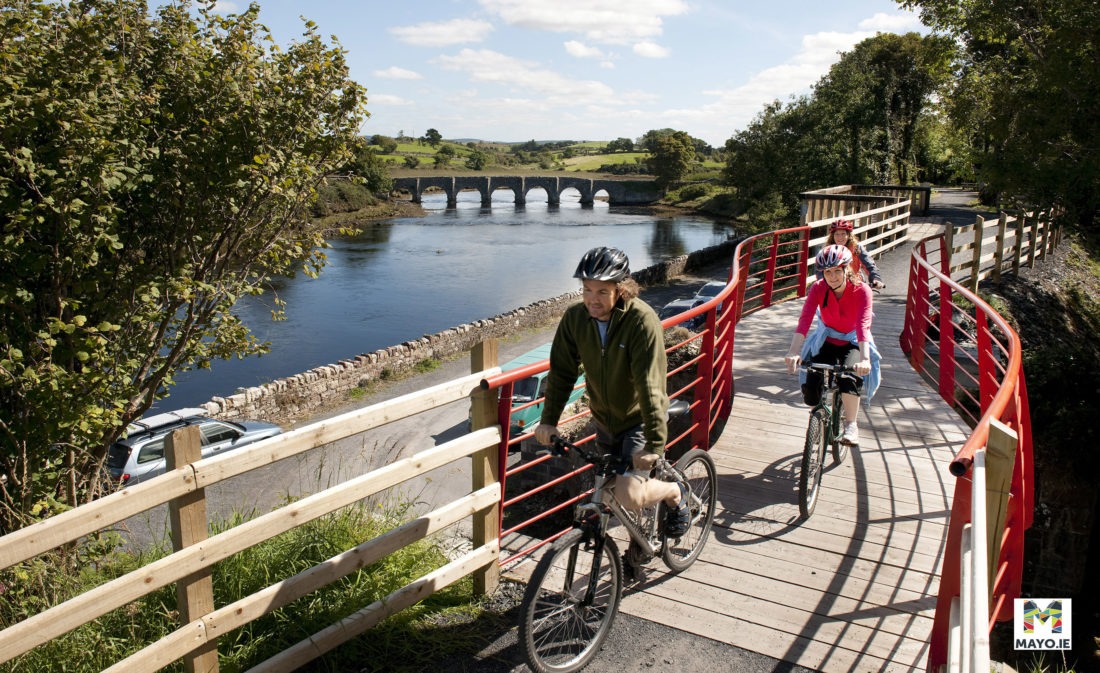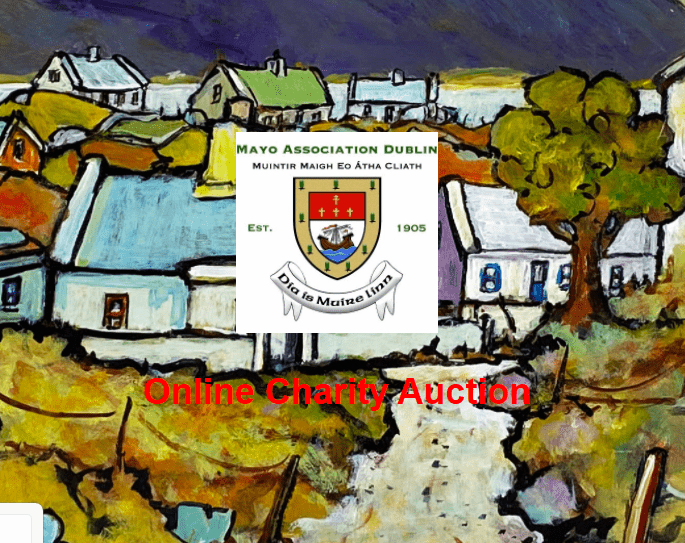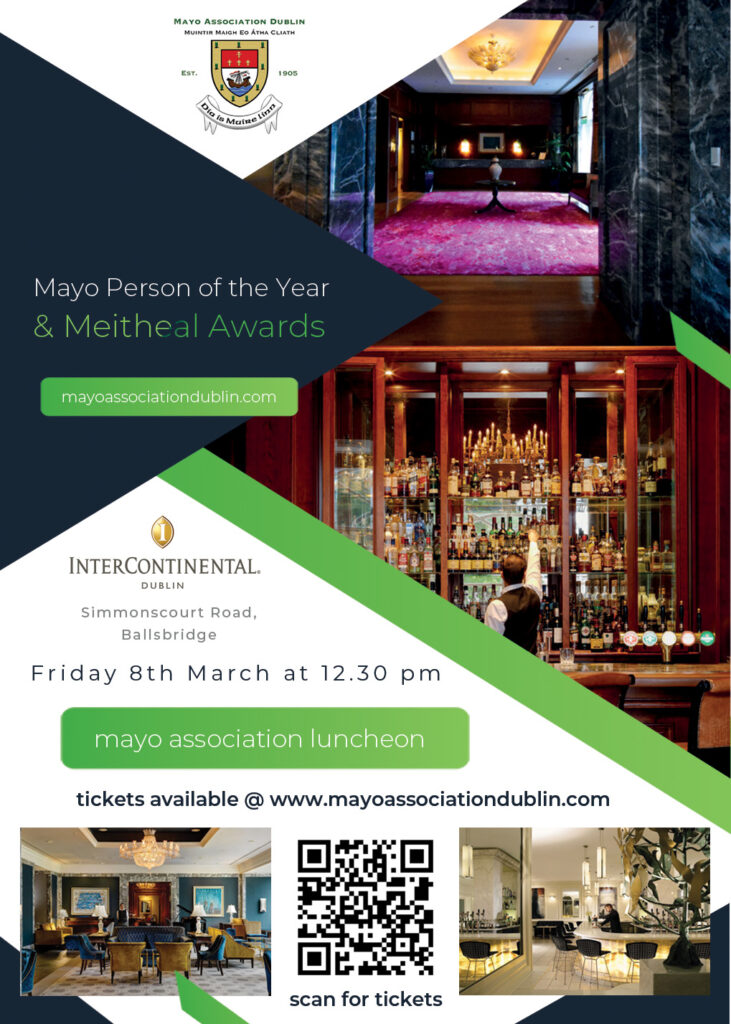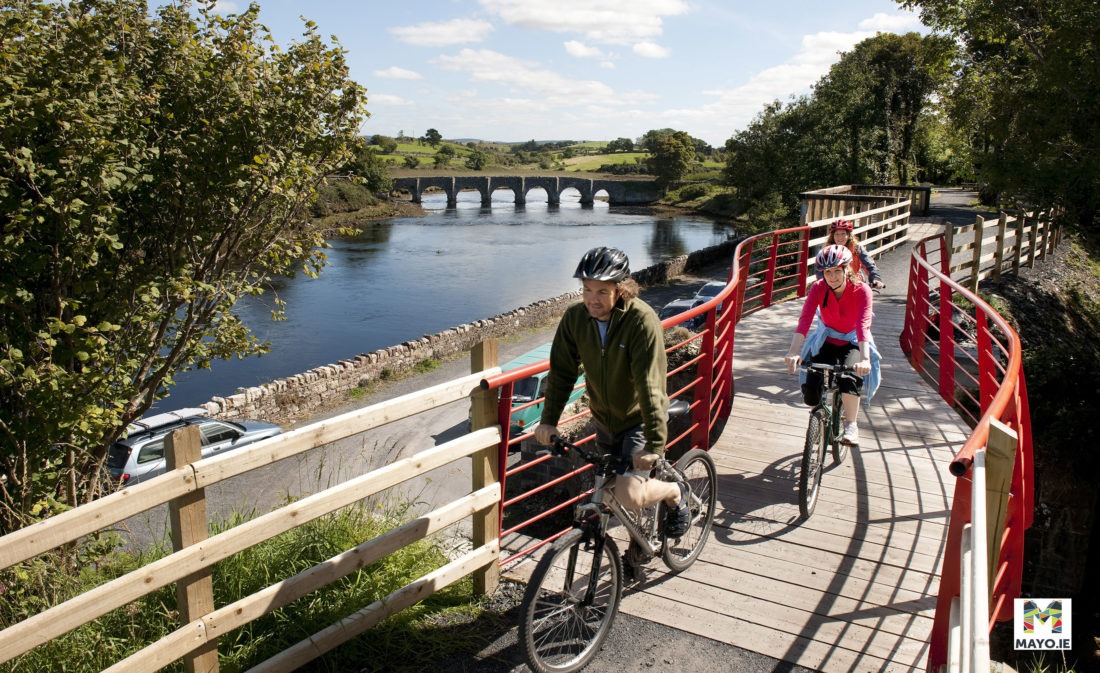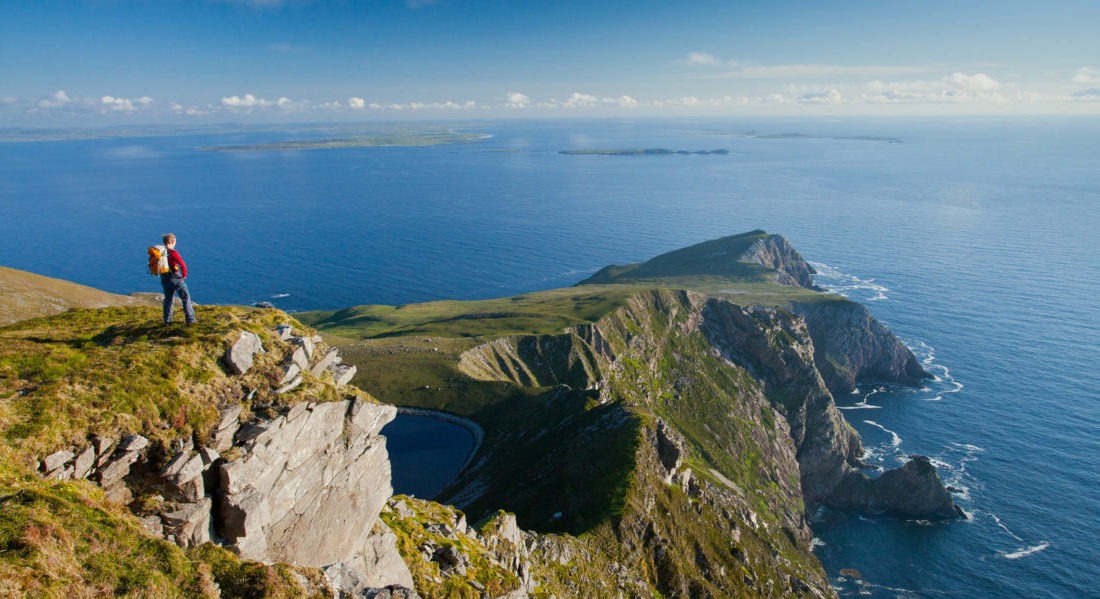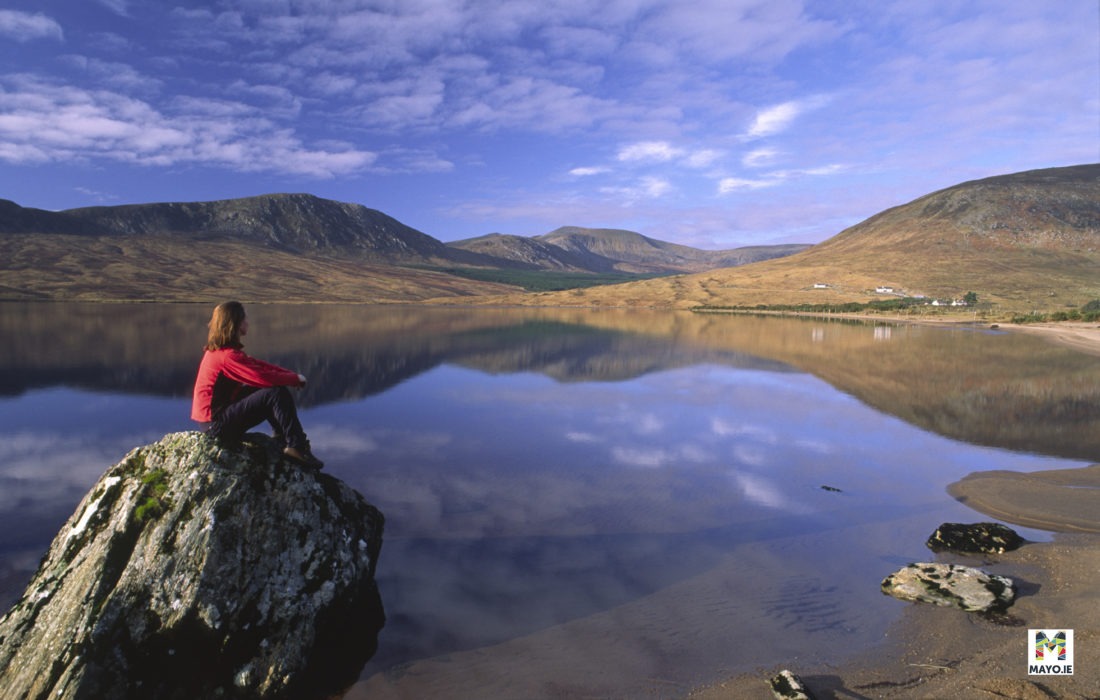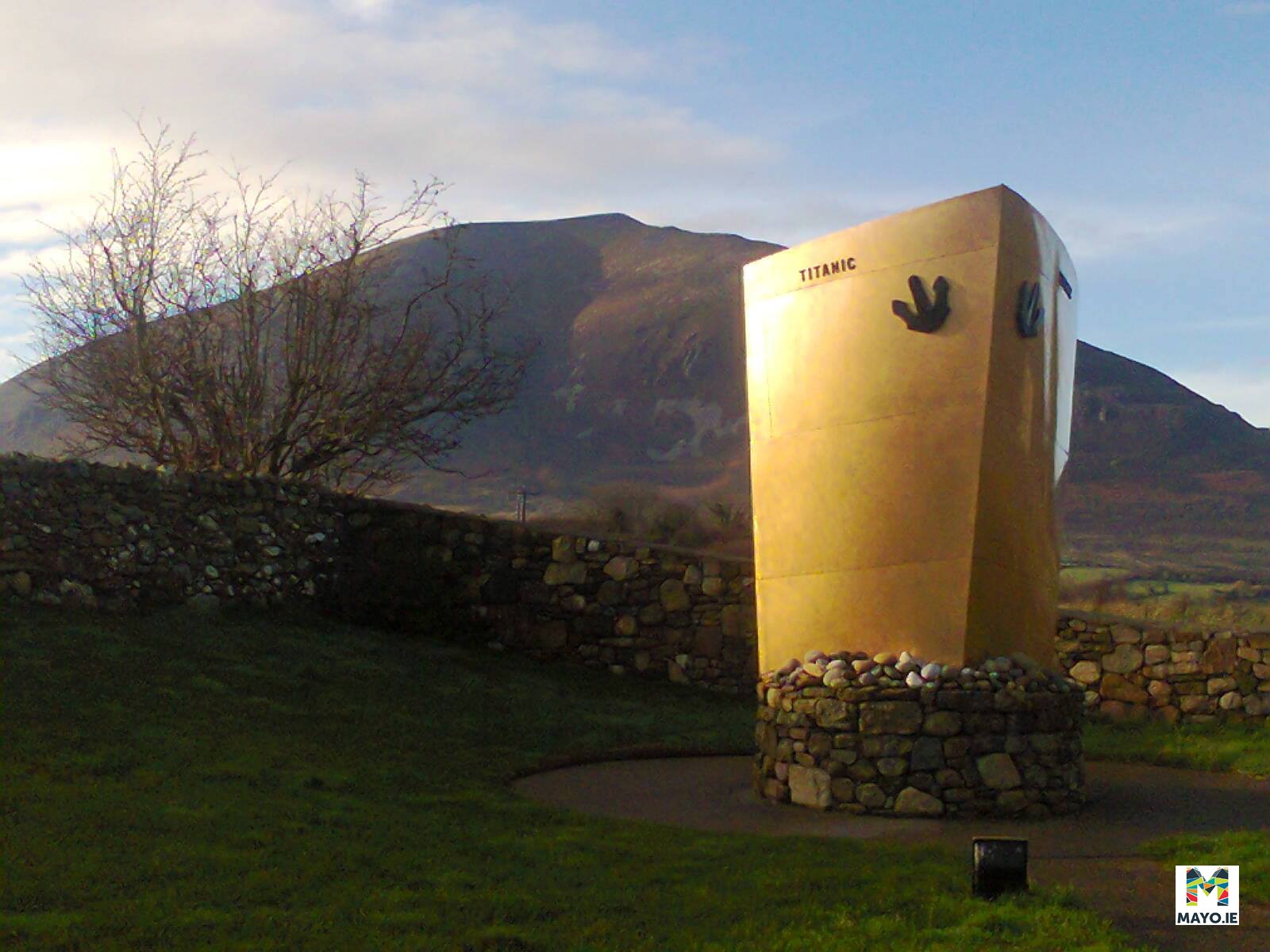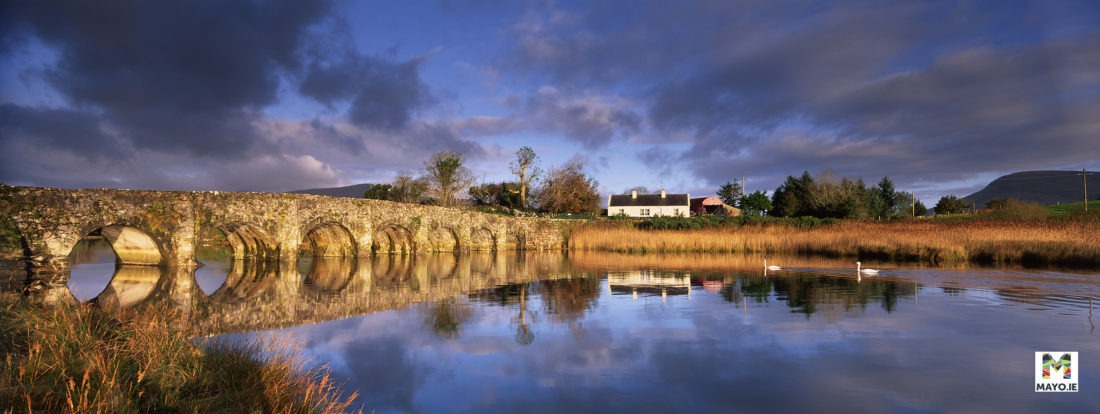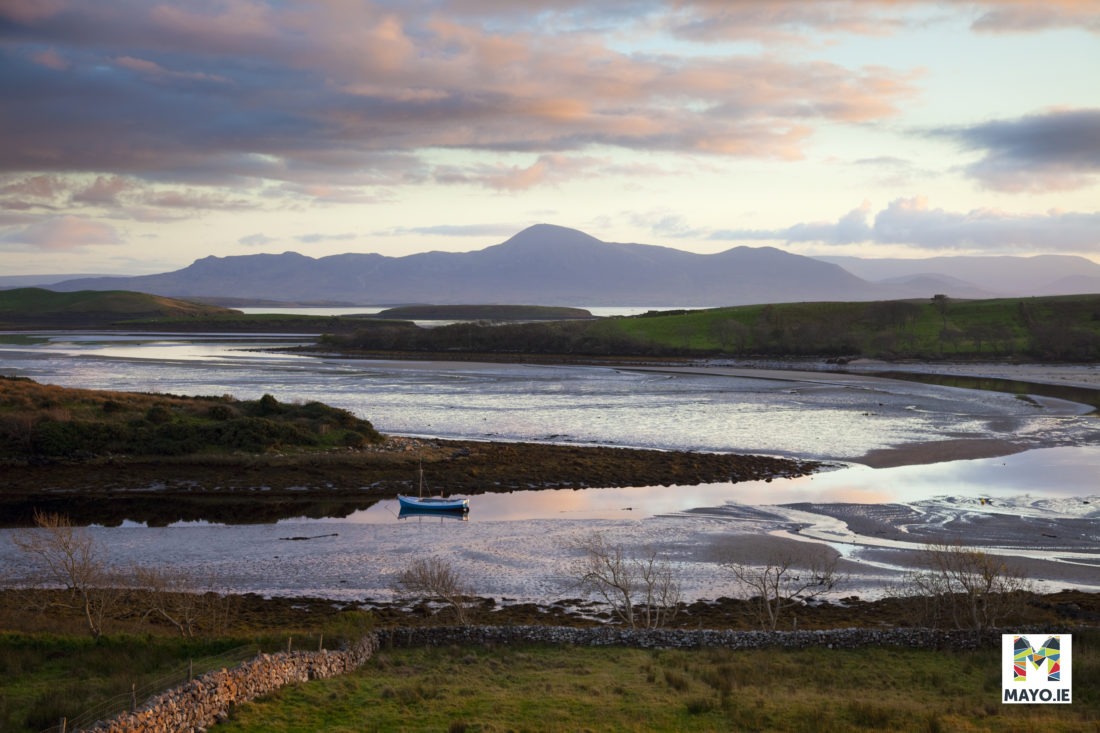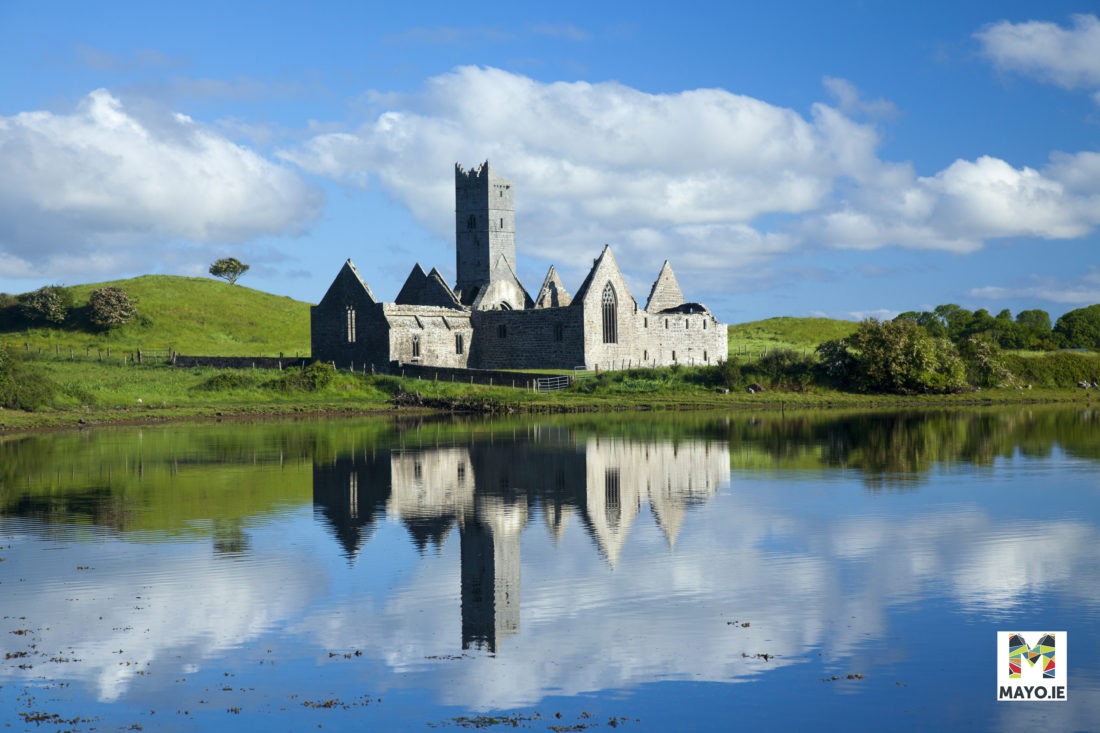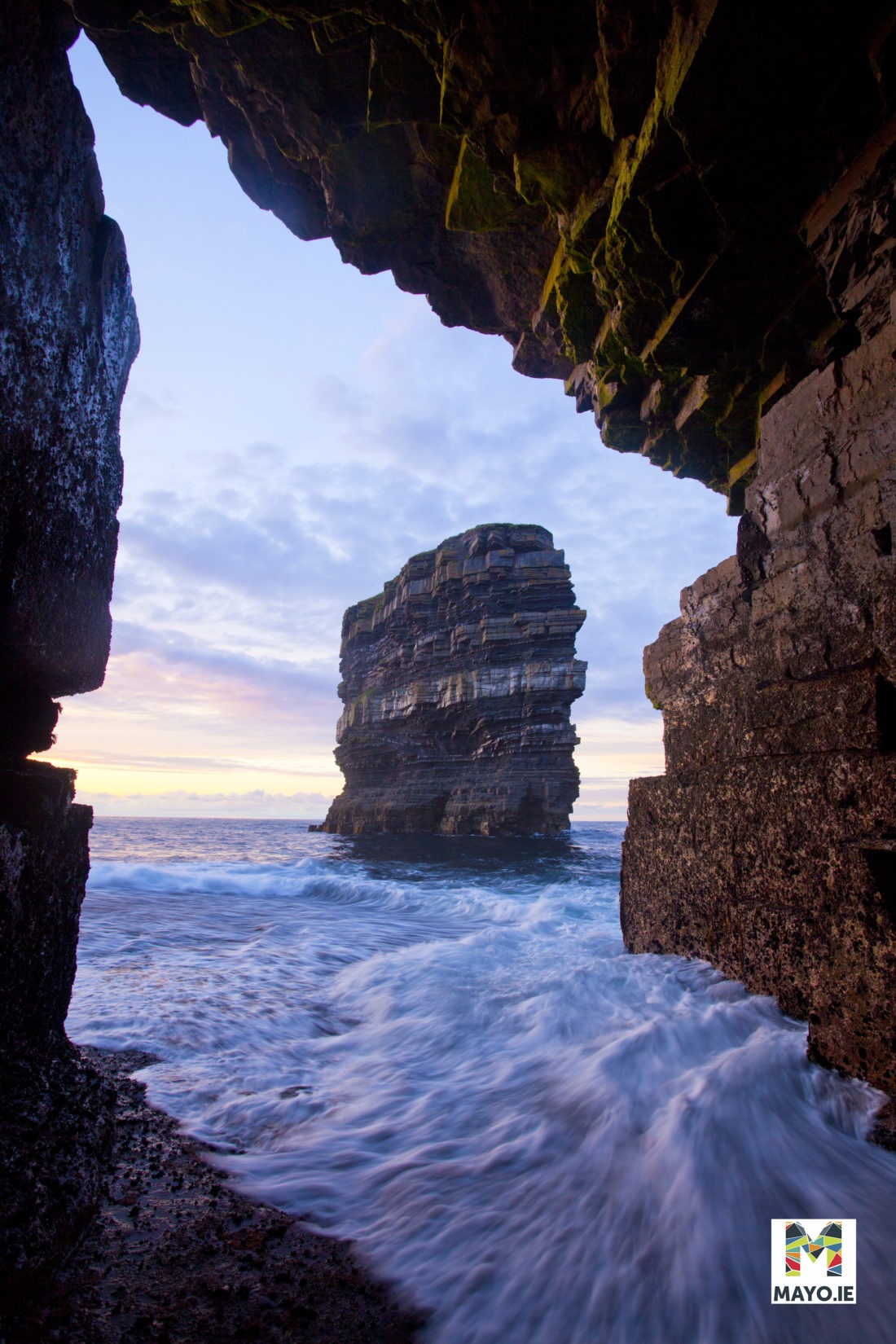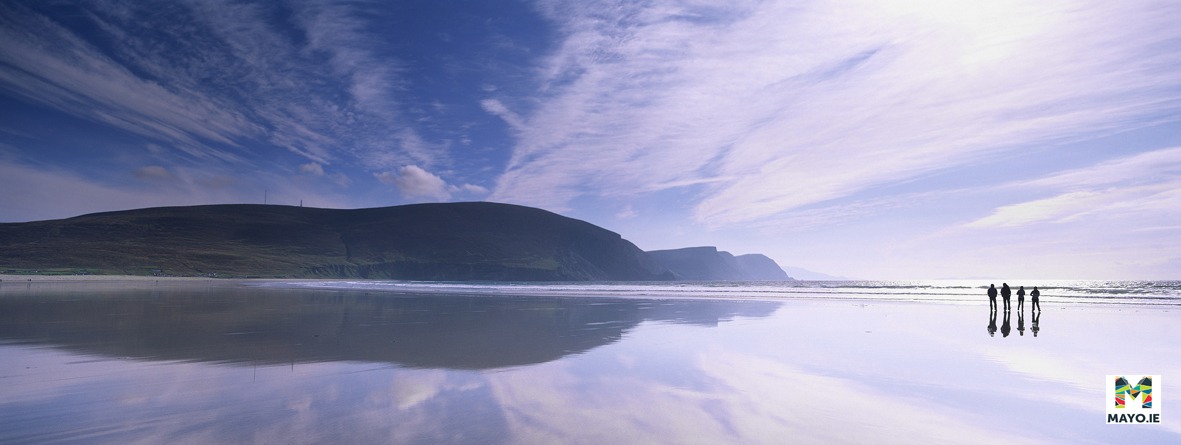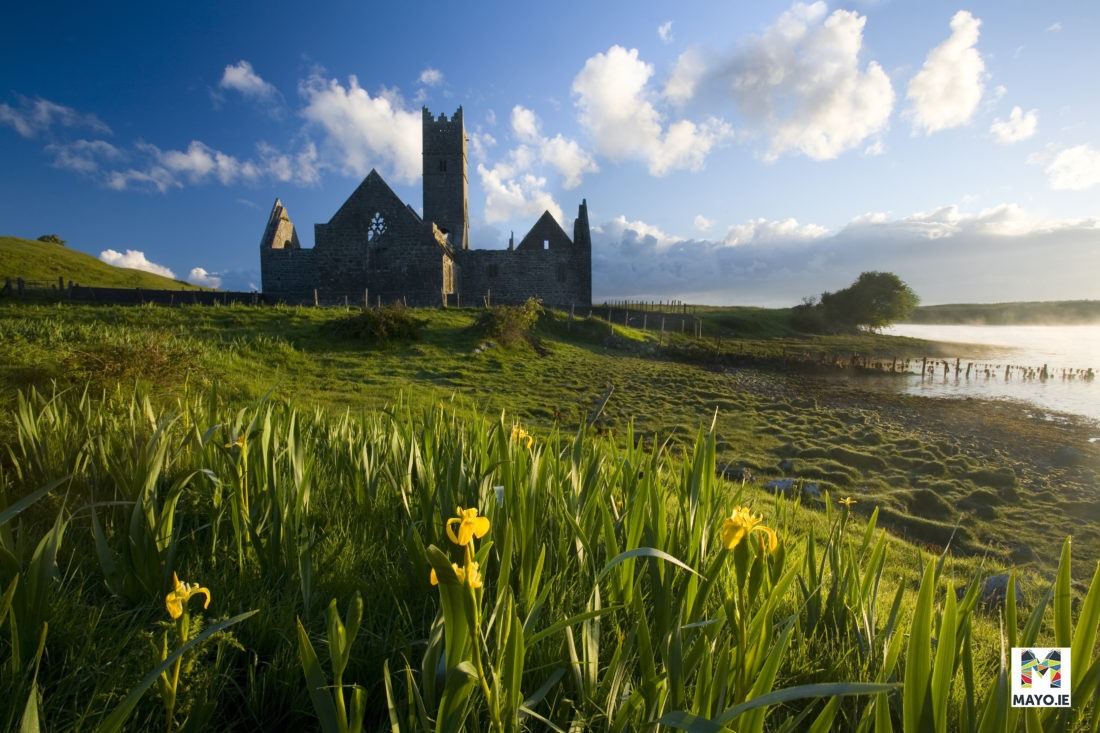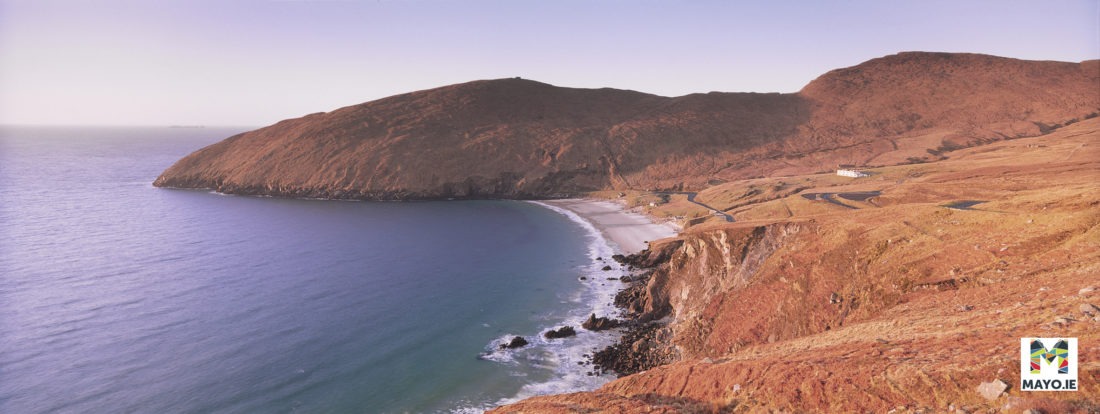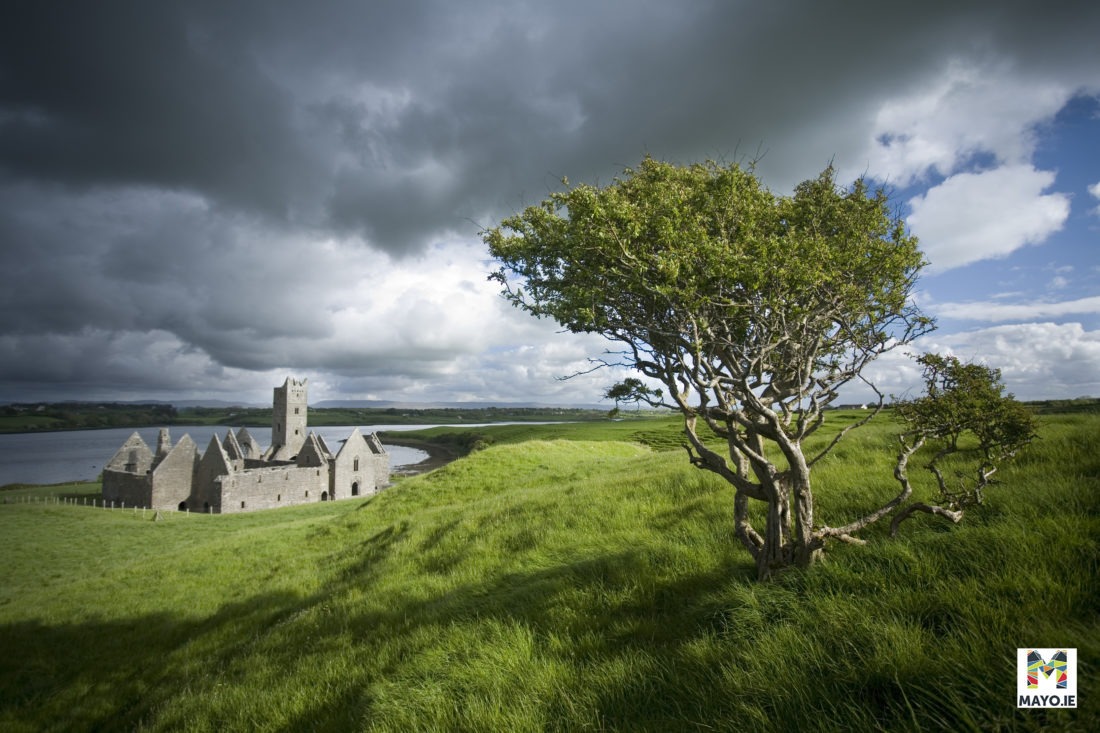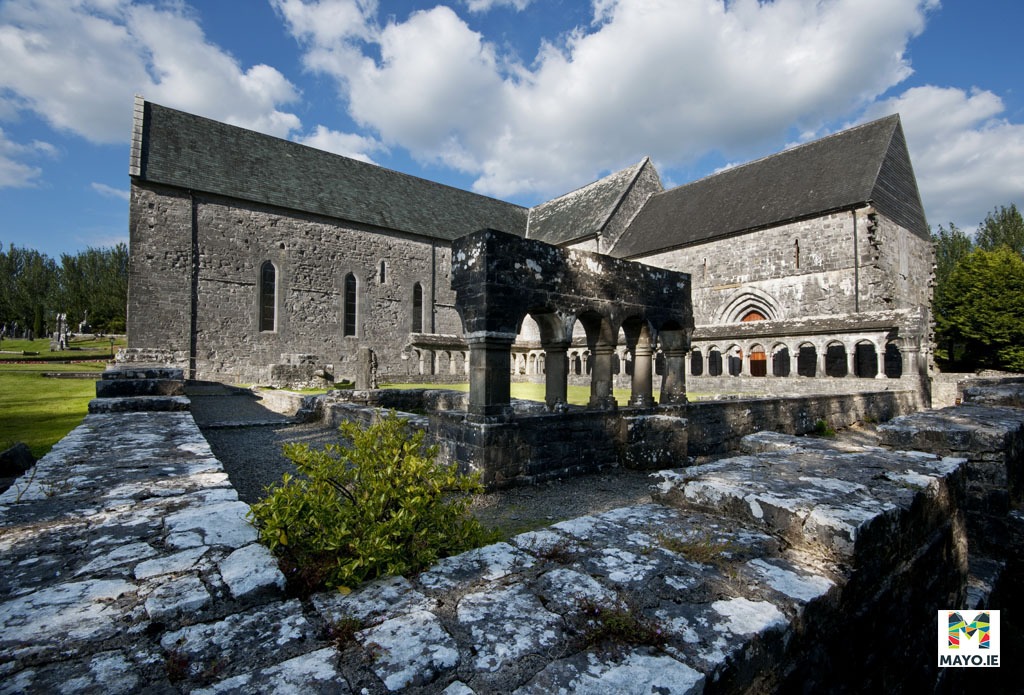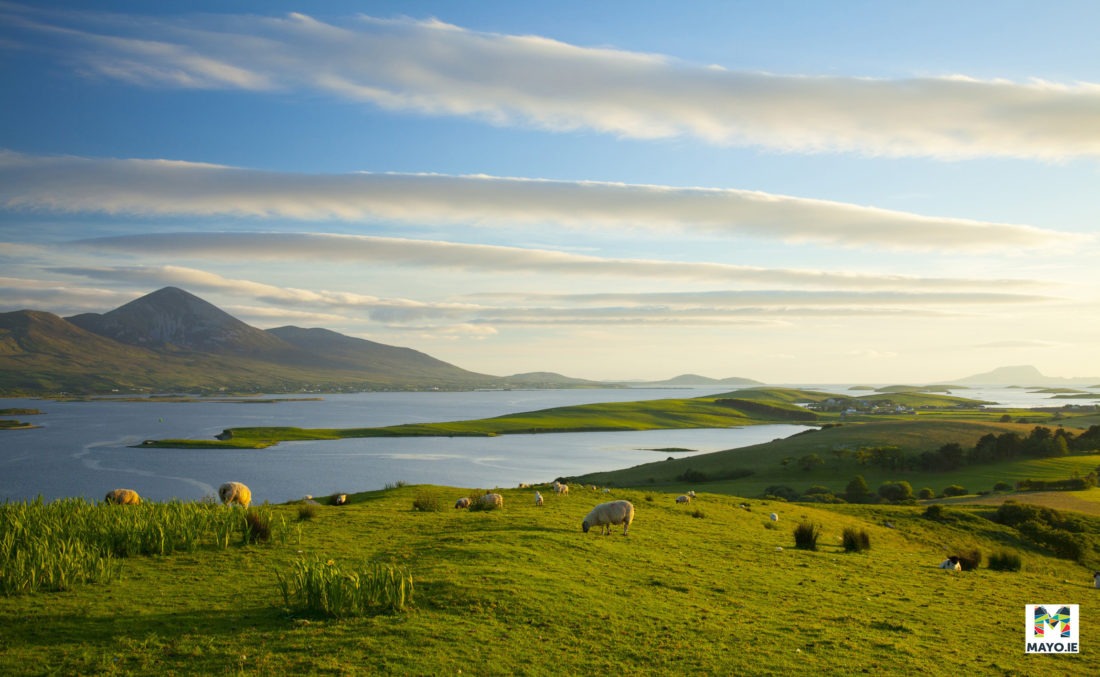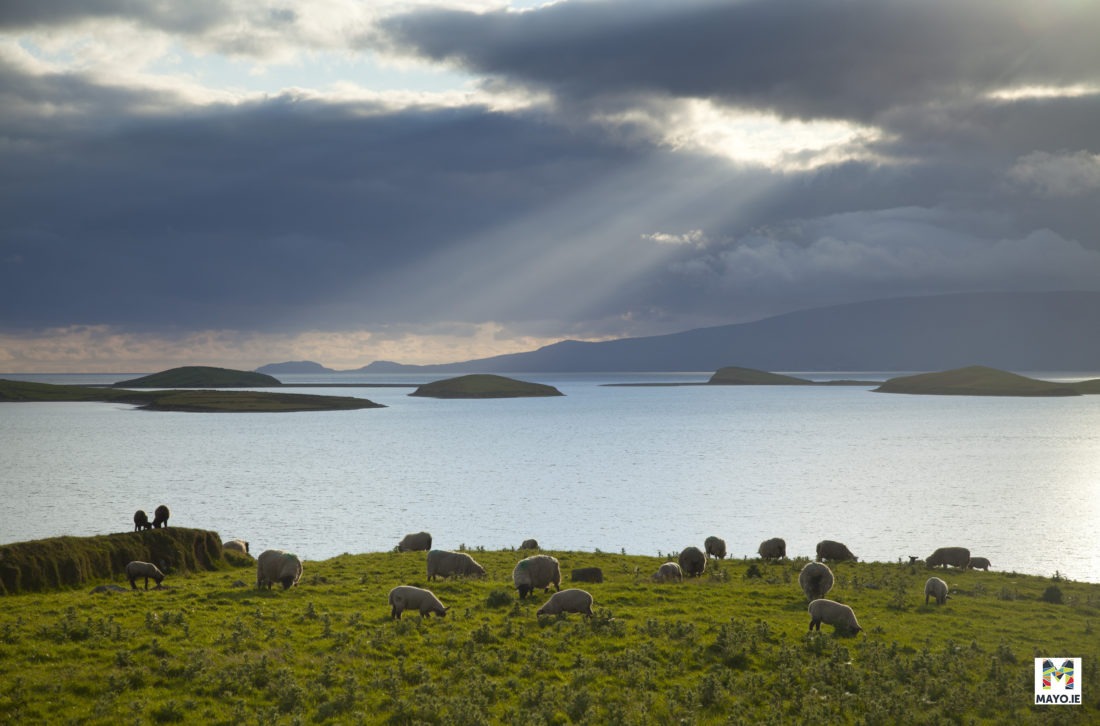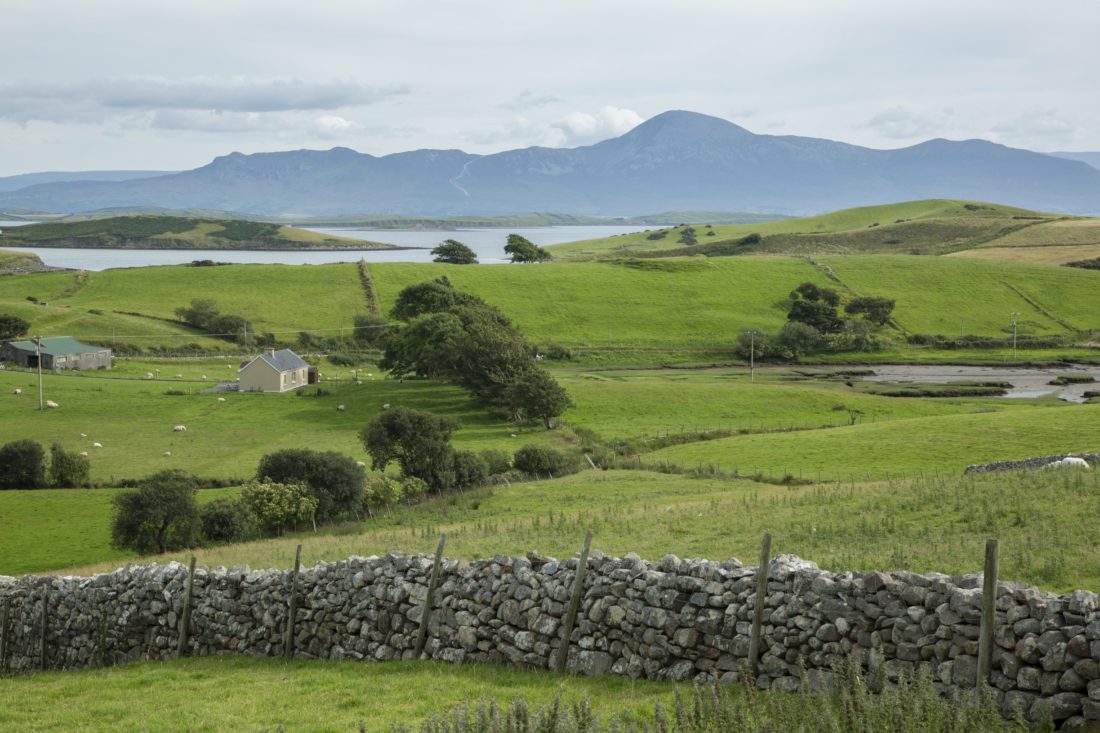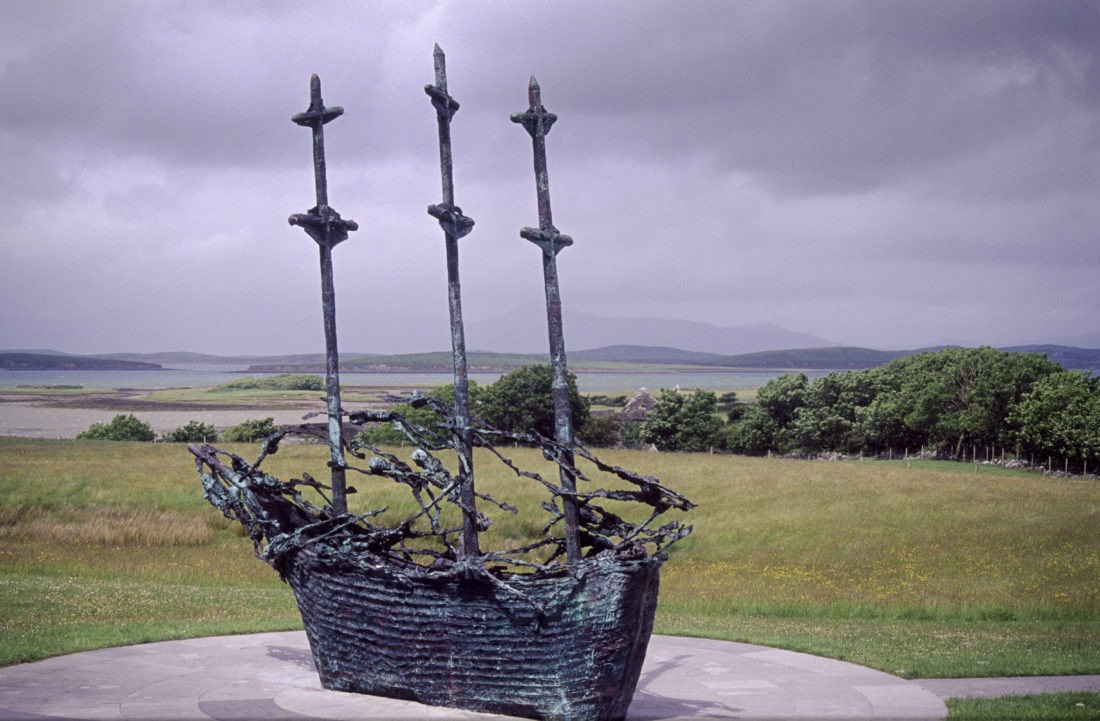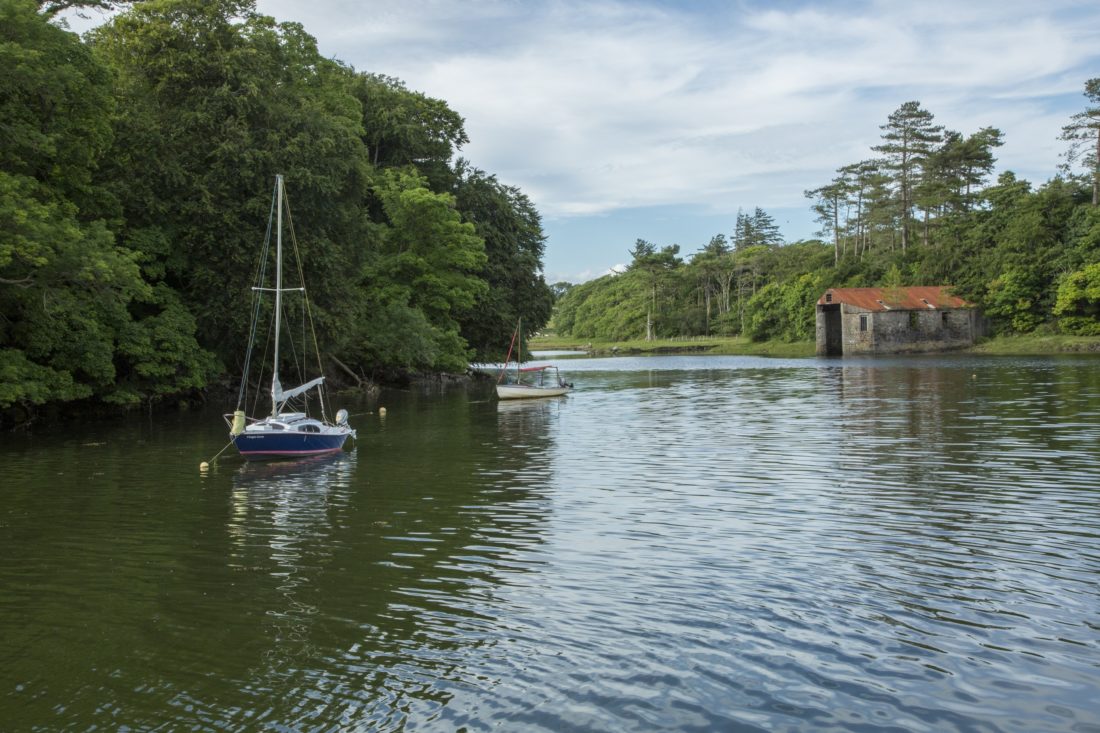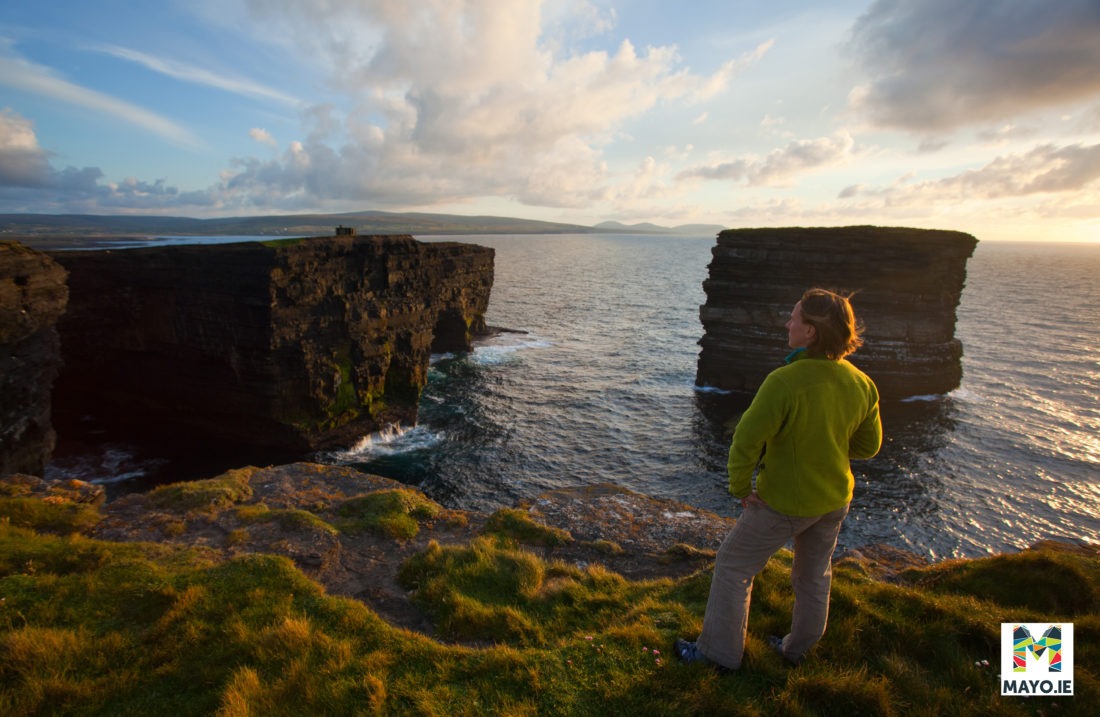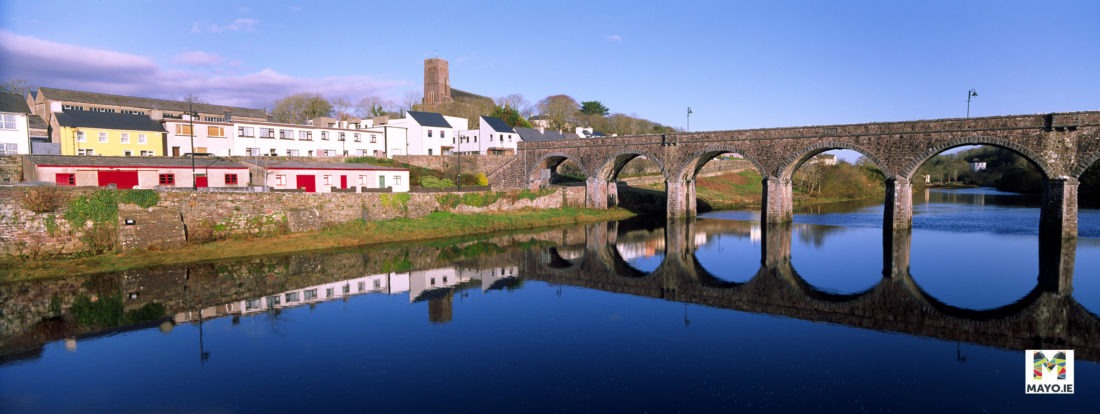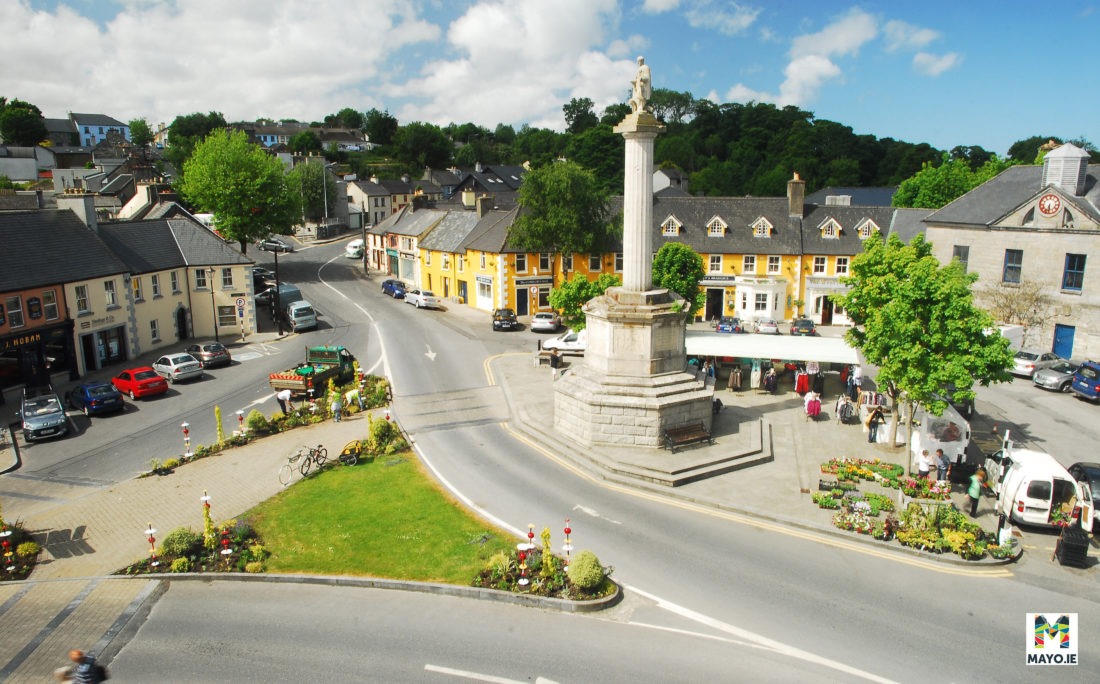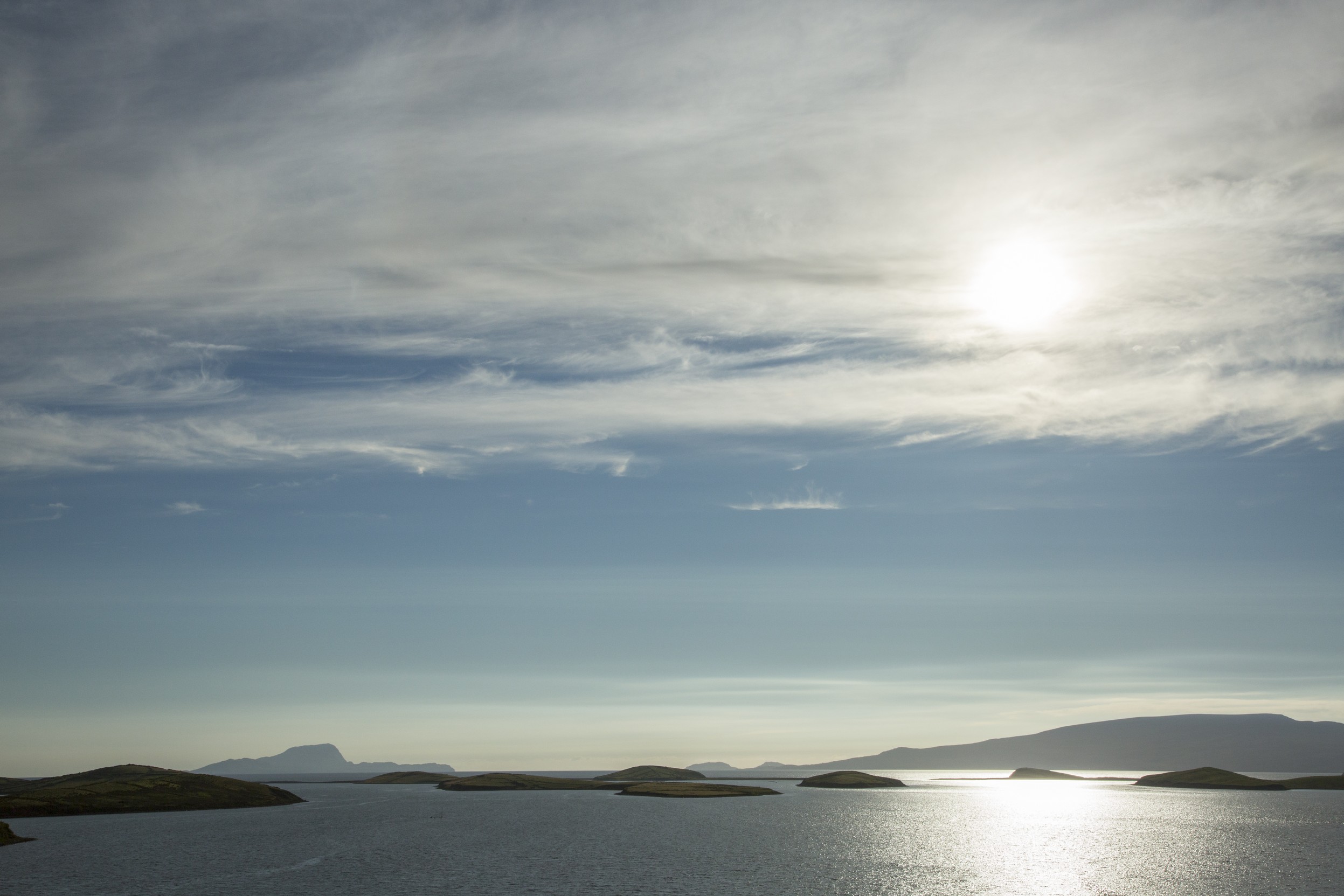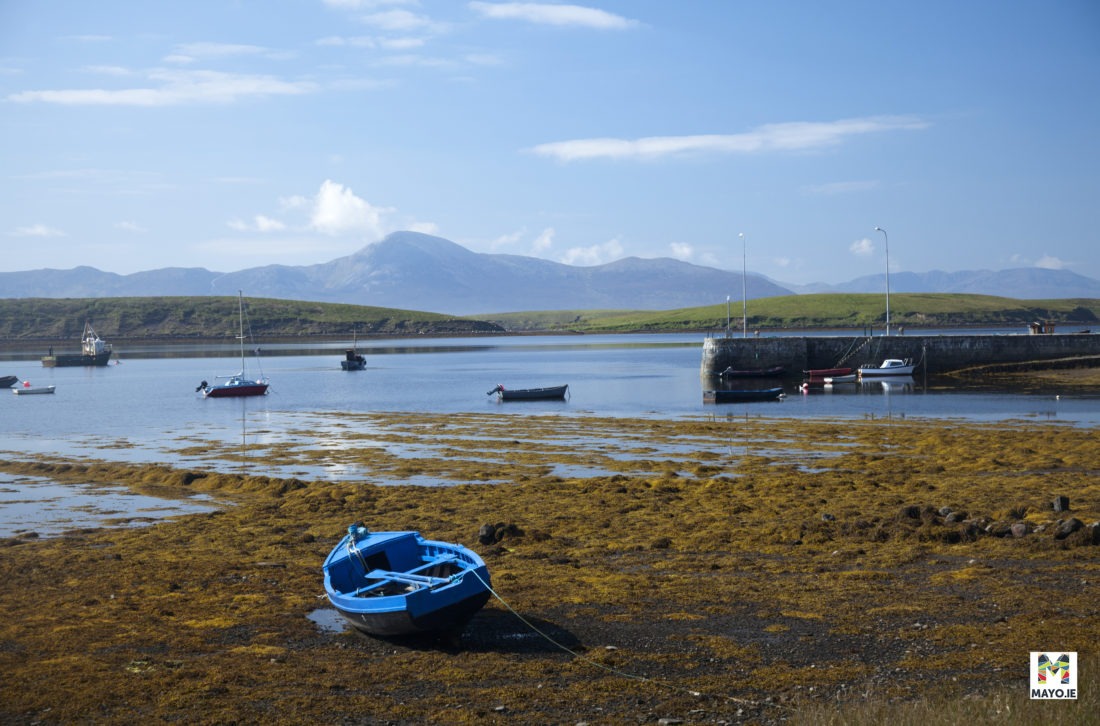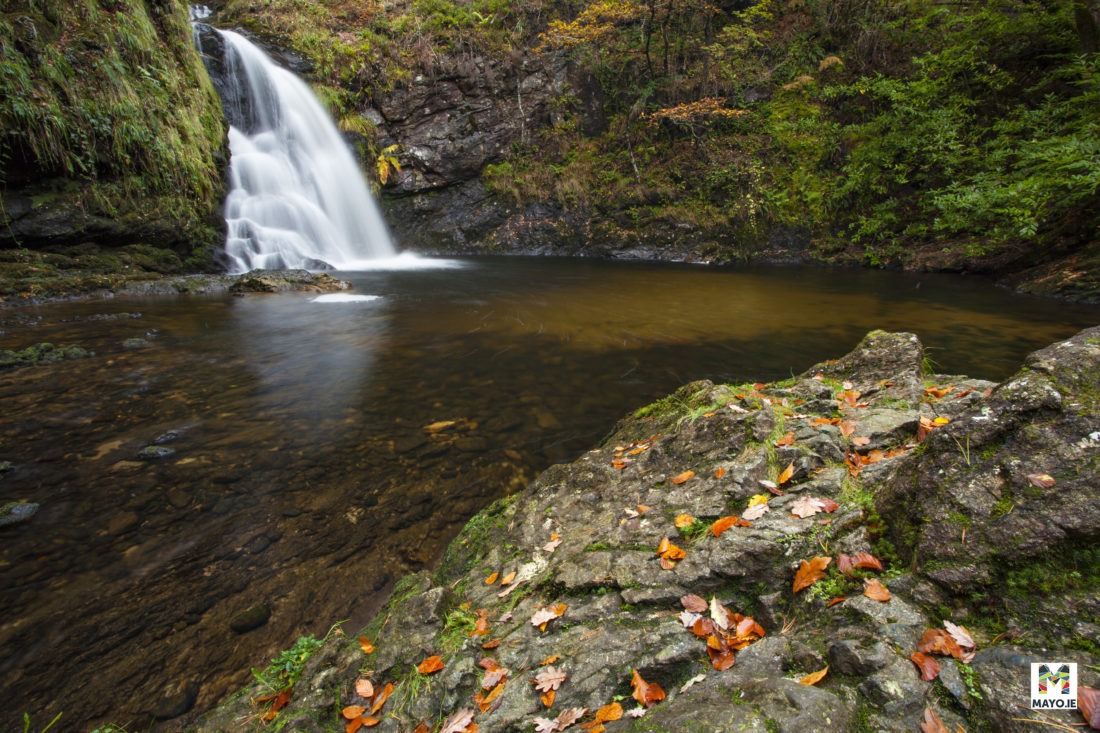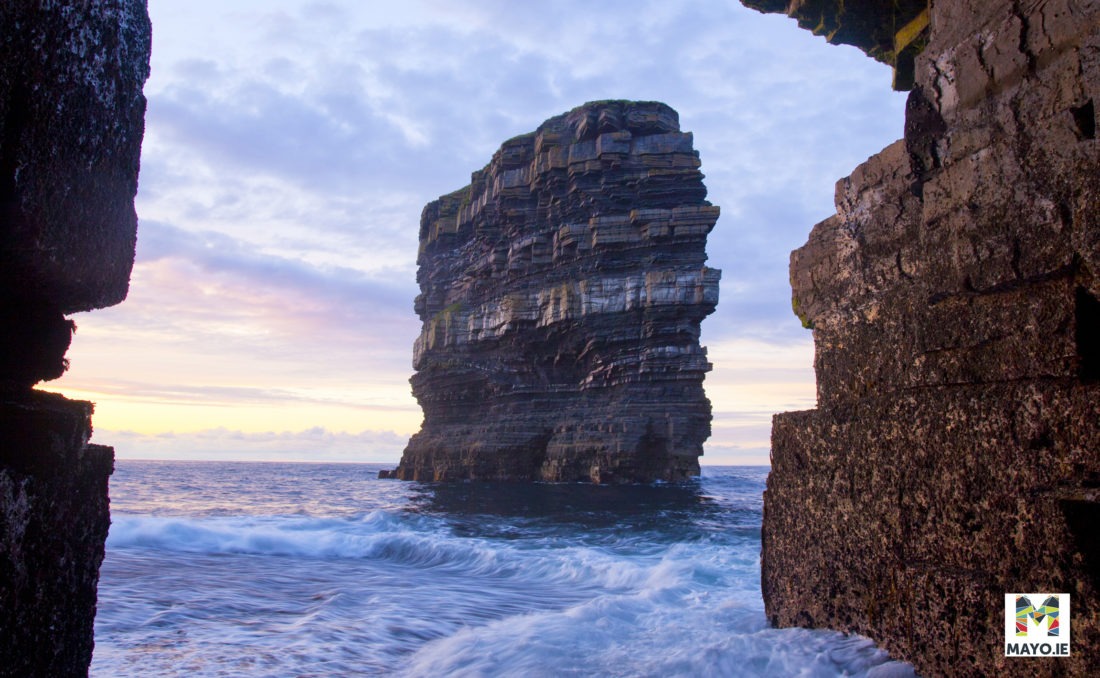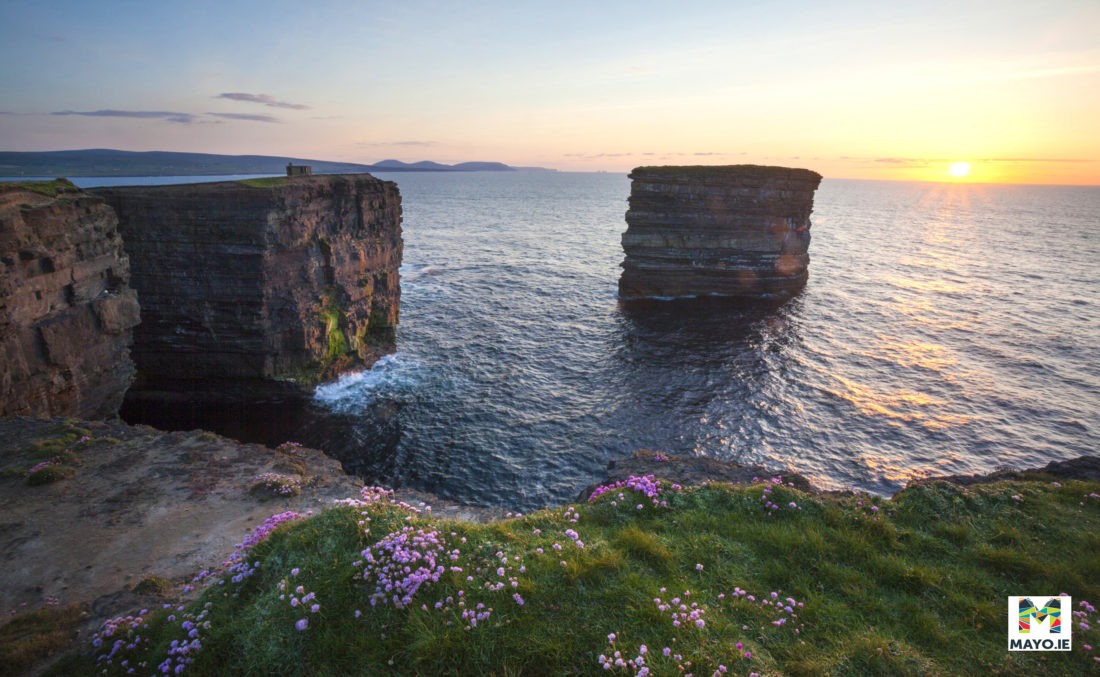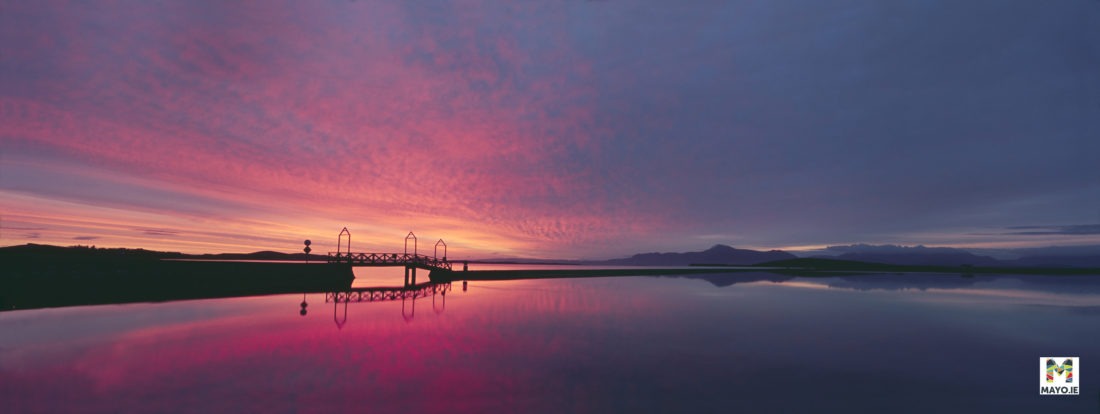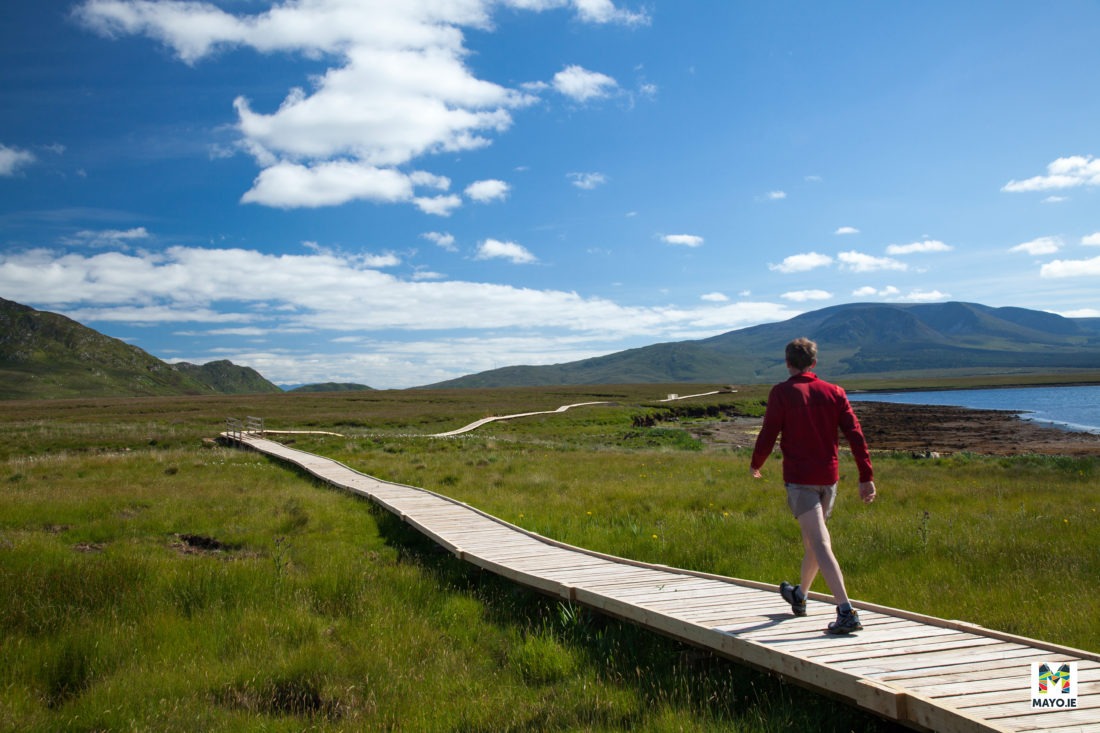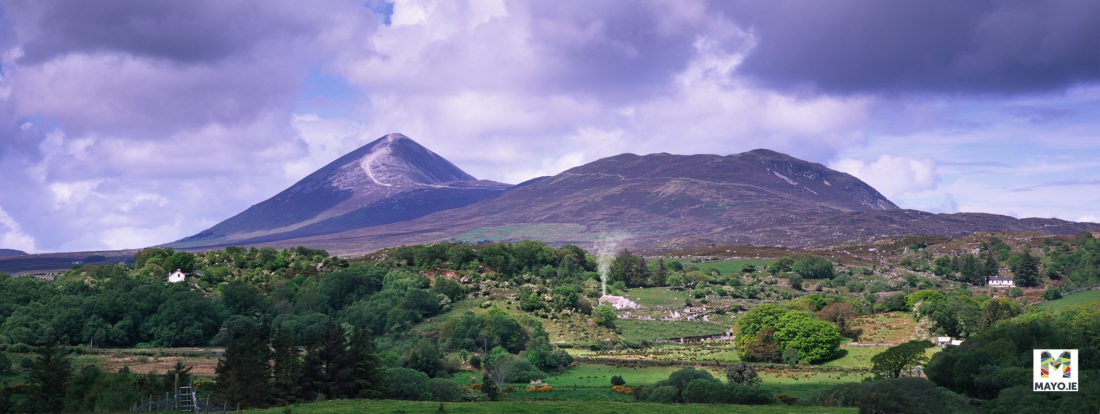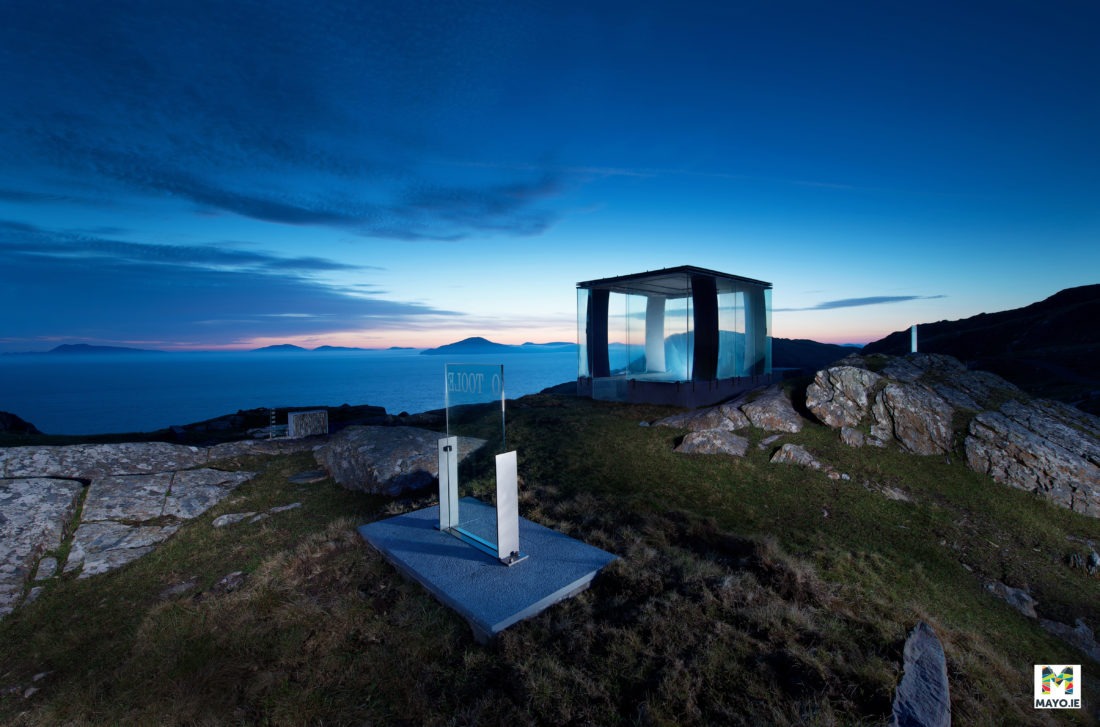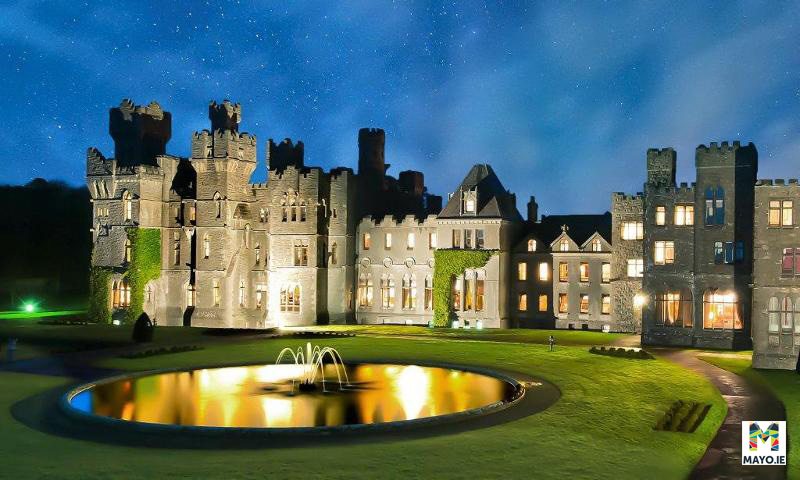About Us
Founded in 1905, Mayo Association Dublin (MAD) is one of the best supported and active county associations in the country. With now over 600 members on board, our Association is proving to be an effective outlet for Mayo’s Diaspora in Dublin through networking and friendship in business, social/cultural and sporting sectors.
Highlights of our calendar year include the Annual Business Lunch (November), the Mayo Schools’ Debating Competition (October/November), The Yew Tree Ball & Annual Awards Gala (February), Christmas Party (December) and Summer Party (July).
Launched in 2017, Mayo Schools’ Debating Competition is now an annual event for senior cycle students in the county. The 2019 semi-finals will return to GMIT Castlebar on 9 November with the Grand Final making a welcome return to the Debating Chamber of Trinity College Dublin on Saturday 30 November.
This year also saw the launch of our Mentorship & Networking Breakfast Meeting on Friday 1 March. It enabled Mayo’s business people in the capital to network and share their experiences with Mayo students studying in Dublin (or who started out on their career paths within the last five years). The breakfast meeting, attended by over 100 mentors and mentees, was such a great success that we will host this event in March 2020 – watch this space!
Mayo Association Dublin is also heavily involved in a wide range of fundraising events for charities and worthy causes throughout Mayo. For example, following our bumper raffle draw held at the Yew Tree Ball 2019 in Dublin’s Ballsbridge Hotel, we were delighted to present our 2019 charity partner Mayo Roscommon Hospice Foundation with a cheque for €10,000. This money will go towards the development of the West of Ireland’s latest state-of-the-art palliative care units in Castlebar and Roscommon Town.
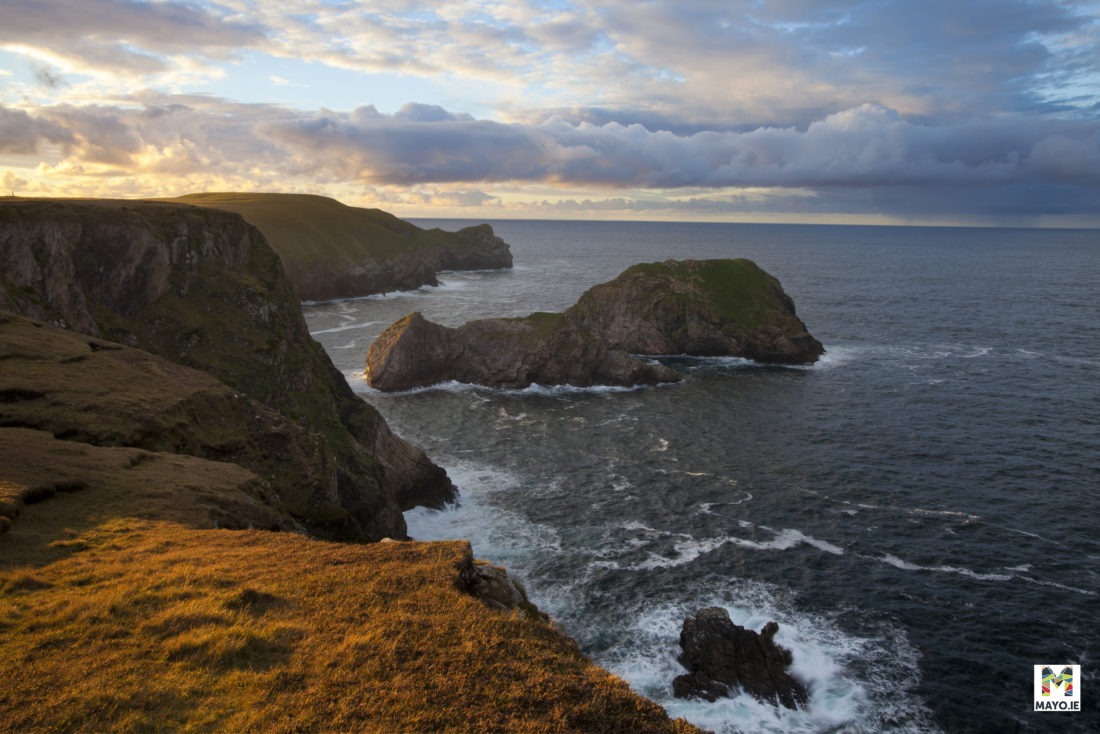

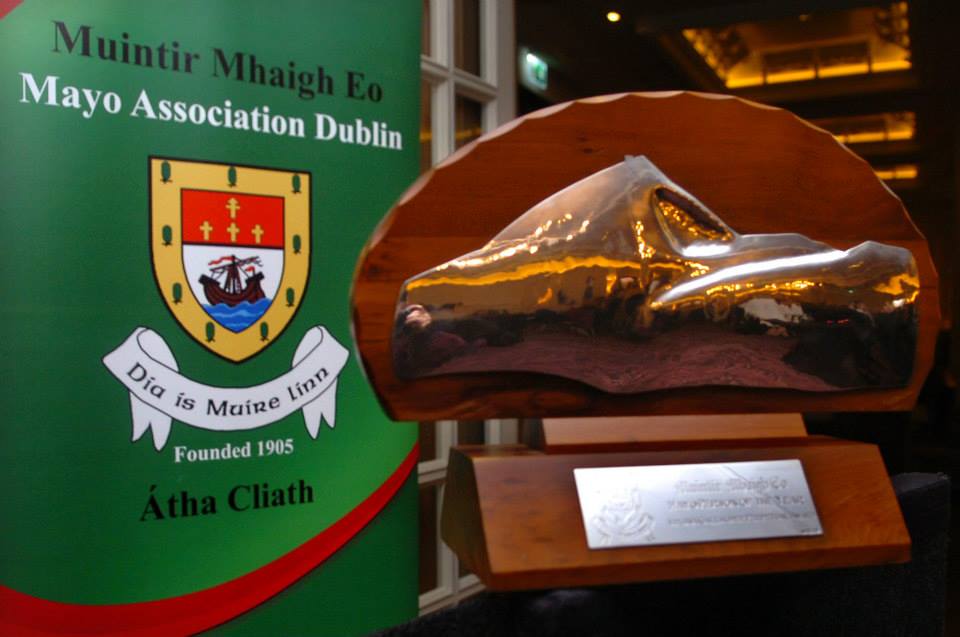

Latest News
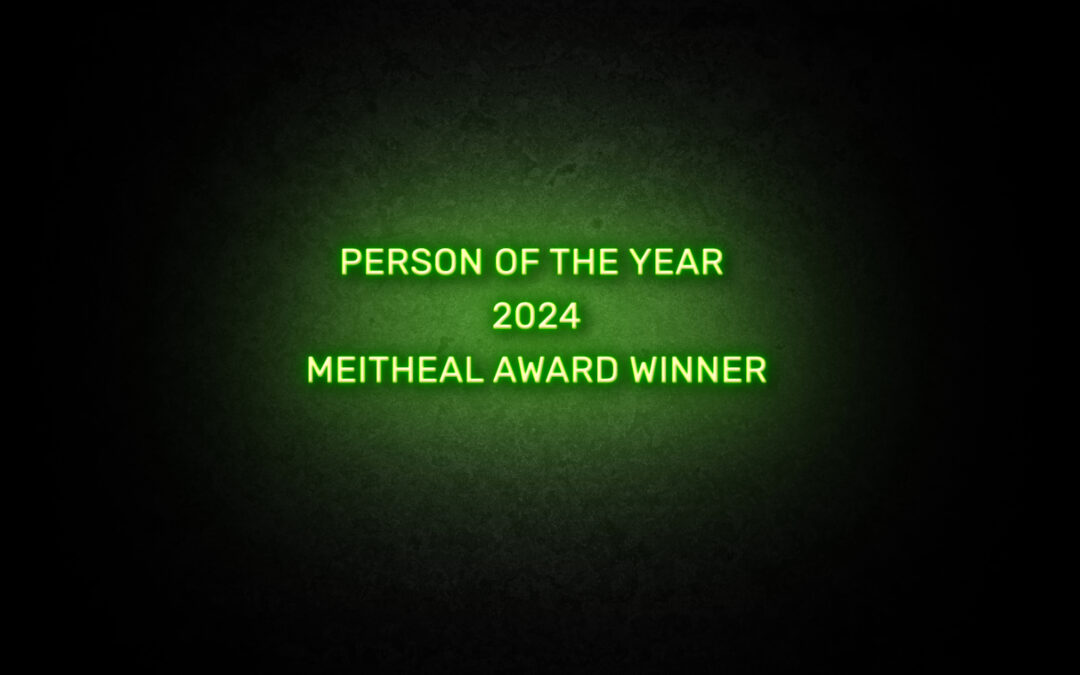

2024 “Person of the year” and “Meitheal Award” winners
We are very happy to announce this year's "Person of the year" award winner; Rita Casey. Congratulations. It is well deserved. We are also delighted to announce this year's "Meitheal Award" winner; West On Track. Congratulations to an amazing group of people. ...
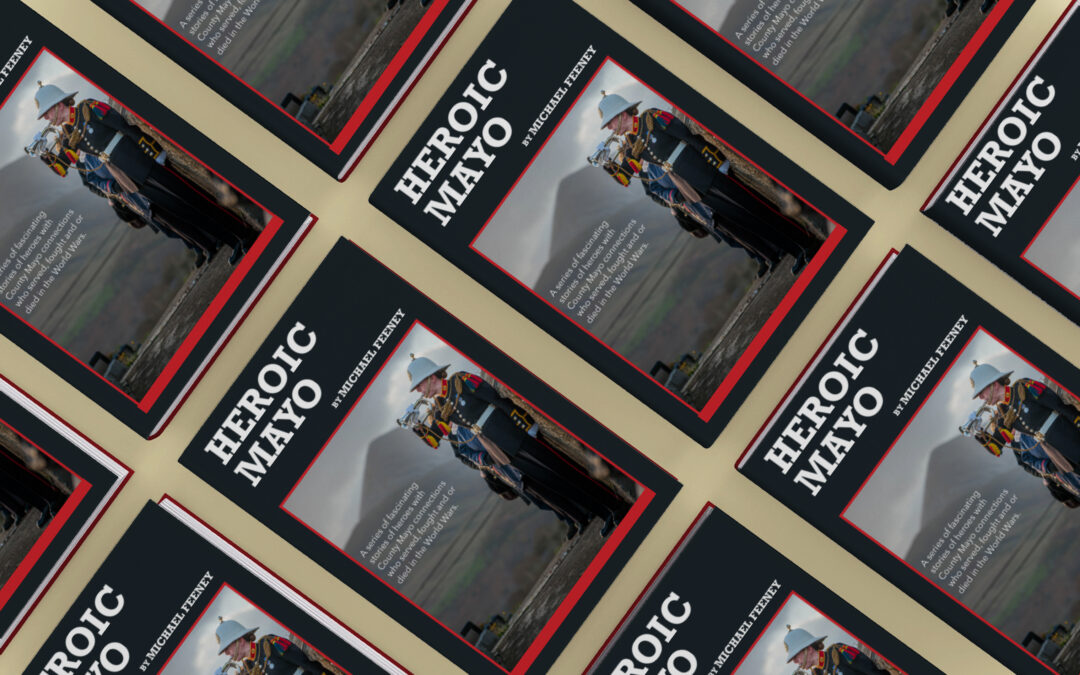

Michael Feeney’s book “Heroic Mayo”
Mayo Association is very proud to present a limited edition book by Michael Feeney ...


Mayo Association Dublin Annual Awards Nominations 2022 Now Open!
We are delighted to announce the comeback details for the Mayo Association Dublin Annual Awards 2022. The Mayo Person of the Year award has been awarded to a host of well-known Mayo people over the years. To qualify for the Mayo Person of the Year award the person...
Our Aims and Objectives
History of Mayo Association Dublin
Mayo Association Dublin was founded in 1905 – known back then as The Mayo Men’s Association – by Major John MacBride from Westport and Mr Edward Lavelle from Belcarra, among others. Ireland has undergone a breathtaking change between then and now.
Back in 1905, the Association was set up with its primary objective to help migrants from the county to establish their presence and identity in Dublin. In those early days, it stood to reason that this social network was an invaluable and a comforting resource for Mayo’s Diaspora in the capital. The visits back to Mayo were infrequent for many reasons – most notably, logistics, affordability and time!
Read More
What’s truly remarkable, and indeed has been commented and mused upon by many, is how this Association has maintained its significance and vibrancy to this day. Living in an era of a ‘virtual world’, we can connect with each other through the touch of a button.
Yet Our Association still stands, and if anything is strengthening year on year, evidenced by a sharp rise in membership in recent years. Mayo Association Dublin events continue to receive overwhelming support from the Mayo Diaspora. For a host of reasons, the Mayo connection remains significant – and underlines that despite the jaw-dropping advances in science and technology, human engagement is still as relevant and worthwhile as ever!
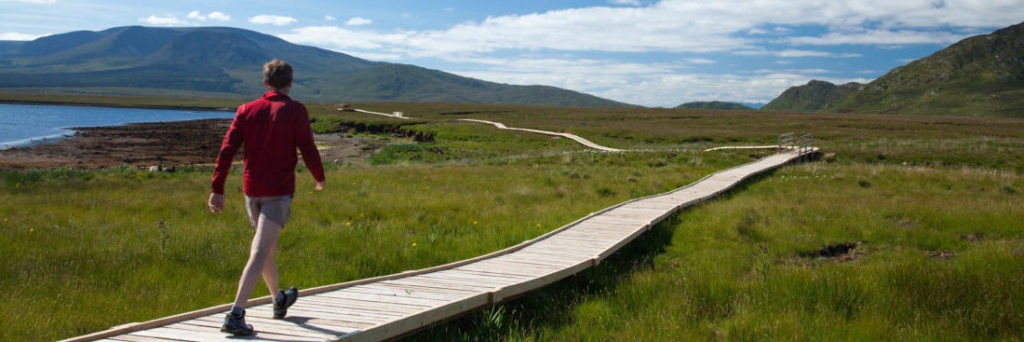

The following is an excerpt from “History of the Mayo Association, Dublin“ by John Garavin (President of the Association from 2001-2003, following a two-year term as Vice-President from 1998-2000 and before that as PRO from 1991-1993).
“…Any attempt to identify the factors that have established Muintir Mhaigh Eo personnel in Dublin since the Association was founded in 1905 is not an easy one. Neither fact nor reason can explain how our Association has stood the test of time. In this year of 2005, the Association has reached its centenary.
It is a significant milestone in the history of any Association and it is fitting that the achievements, the personnel, the officers and ordinary members and supporters should be recognised and the contribution of so many people should be celebrated in a fitting way. The Mayo Association, Dublin was originally known as the ‘Mayo Men’s Association.’ For obvious reasons, that title is now history.
It is now proudly known as the Mayo Persons’ Association, or, more commonly, the Mayo Association. Mayo is a large barren county. Arable land constitutes a very small portion of its acreage. Being constantly battered by the Atlantic Ocean from Killala to Clew Bay and Killary, it boasts a delightful, jagged coastline. Now probably the jewel in the crown of Ireland’s coastal counties, for both the present Mayo residents and those who have had to make a living elsewhere, there is a strong attachment to their place of birth…
…In the early 1900s life was not kind to Mayo’s inhabitants. Being born 150 to 200 miles from the capital city of our country left an enormous amount of time and space between the local parliamentarians and the Government officials of the time, who either resided at Dublin Castle, Bank of Ireland, Dame Street, or, of course, in the house of Commons in London.
In researching the early days of the Mayo Association and the people responsible for bringing the body into being, it is important to understand something of the history and conditions of the time. Most people know of and have read about the Great Hunger of 1845-1848 and of the terrible consequences of that tragedy. We know how those who survived eked out a living from the land. If strength of will or mind were ever a necessity then it must surely have been in the aftermath of such an awful catastrophe and those unforgettable scenes of famine, despair, emigration and death.
Being a colony of the British Empire during the nineteenth century and into the twentieth, we relied greatly on the British administration for sustenance. World power countries demanded a lot from their colonies and Mayo and Ireland suffered hugely in terms of loss of life and human degradation. There were many fatalities from a very high infant mortality rate. The life expectancy threshold meant that a fifty year old was considered an old man. Many Mayo people emigrated in the late 1800s and early 1900s to the USA. These were extremely hazardous journeys with many succumbing to the hardships and perils of the voyages.
Great Britain was another popular destination for those seeking work and, to a lesser, extent, Dublin received her share of Mayo people who left their native place but did not go abroad. Of course there were tremendous scenes of sadness with each departure. Every house in Mayo had a ‘wake’ on the eve of a son or daughter going to the USA. In those days the ‘wake’ was recognized as probably the last time the parents of those taking the boat would ever see their offspring. A hundred years later, in an era of almost instant communication, it is hard to imagine what time, travel and communications were like then…”
Iconic Images of County Mayo
130,425
Mayo Population 2016
GMIT Mayo
Education Institute/University
Castlebar
County Capital
Ireland West Airport
Local Airport
Ballina, Ballinrobe, Ballyhaunis, Castlebar, Claremorris, Kiltimagh, Swinford, Westport
Main Towns

